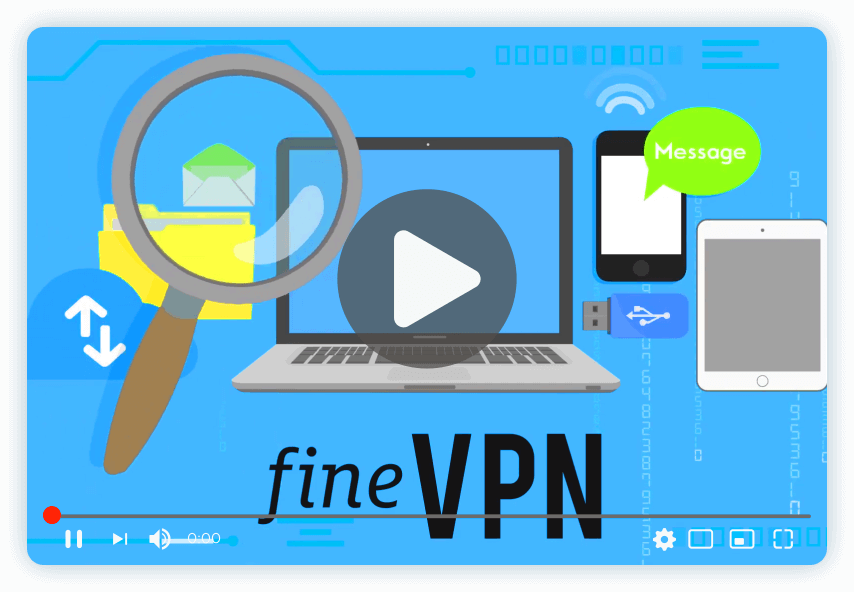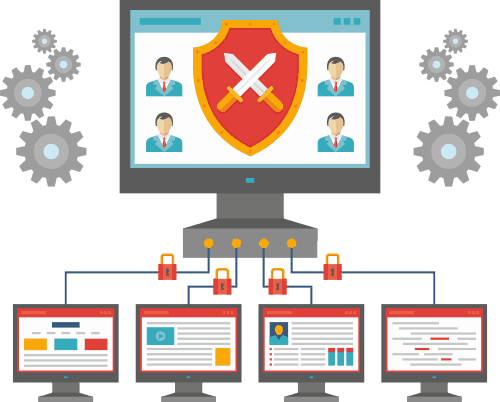In the digital age, access to educational resources is more critical than ever. However, students and educators across the globe often face barriers to this wealth of knowledge due to geographical restrictions and censorship. A Virtual Private Network (VPN) emerges as a key tool in overcoming these obstacles, ensuring unrestricted access to educational content.
The Landscape of Accessing Restricted Educational Resources
Educational resources, ranging from academic journals to e-learning platforms, are increasingly hosted online. Despite the potential for global accessibility, many of these resources are restricted based on geographical location. This limitation is often imposed by content providers due to licensing agreements or governmental censorship, restricting access to users in certain countries or regions. Consequently, learners and educators are deprived of valuable information and educational opportunities.
Navigating Access with VPN
A VPN is a service that allows users to connect to the internet via a server operated by the VPN provider. This connection encrypts internet traffic and masks the user’s IP address, making it appear as though they are accessing the internet from a different location. This technology is pivotal for accessing restricted educational resources, as it enables users to bypass geographical restrictions and censorship.
Why Use a VPN for Educational Access?
The reasons for using a VPN to access educational resources are manifold:
- Bypass Geographical Restrictions: VPNs allow users to access resources restricted to certain regions or countries.
- Circumvent Censorship: In countries with strict internet censorship, VPNs enable access to blocked educational websites and platforms.
- Secure Browsing: VPNs protect users’ internet connections, ensuring that their browsing activities and data are encrypted and safe from hackers.
- Anonymous Research: VPNs offer anonymity, which is crucial for researchers dealing with sensitive topics or seeking to avoid surveillance.
Potential Challenges with VPN Use
While VPNs offer numerous benefits, users may encounter challenges:
- Slow Connection Speeds: Encryption and server routing can slow down internet speeds, potentially affecting the streaming of educational videos or the download of large files.
- Compatibility Issues: Some educational platforms have measures to detect and block VPN usage, requiring users to find a VPN that can bypass such restrictions effectively.
- Security Risks with Free VPNs: Not all free VPNs are secure. Some may log users’ activities or offer inadequate encryption, posing privacy and security risks.
FineVPN: The Optimal Solution for Educational Access
FineVPN stands out as the best free VPN service for accessing restricted educational resources for several reasons:
- Robust Security: FineVPN offers strong encryption, ensuring that your data remains secure and private.
- High-Speed Connections: With servers located worldwide, FineVPN ensures that users can access educational resources without significant loss of speed.
- No Logs Policy: FineVPN respects users’ privacy by not logging browsing activities, making it ideal for confidential research and study.
- Ease of Access: FineVPN is designed to bypass sophisticated content restrictions and censorship, providing seamless access to educational content.
Setting Up FineVPN with Wireguard for Educational Access
To use FineVPN for accessing restricted educational resources, follow these simple steps to install it using Wireguard and the FineVPN configuration file:
- Download Wireguard: Visit the Wireguard website and download the application for your device.
- Sign Up for FineVPN: Register for a free account at FineVPN.
- Download the Configuration File: Log in to your FineVPN account and download the Wireguard configuration file.
- Import the Configuration to Wireguard: Open Wireguard, click “Add Tunnel”, and select the downloaded configuration file.
- Connect to FineVPN: With the configuration imported, connect to FineVPN through Wireguard with a single click.
- Access Educational Resources: Once connected, you can freely access any restricted educational resource.
By leveraging the power of VPN technology, particularly through services like FineVPN, educators and learners can ensure they have unrestricted access to the vast educational resources available online. This guide not only underscores the importance of VPNs in the educational sector but also illustrates how FineVPN, coupled with Wireguard, provides a secure, reliable, and user-friendly solution for overcoming digital barriers to education.












